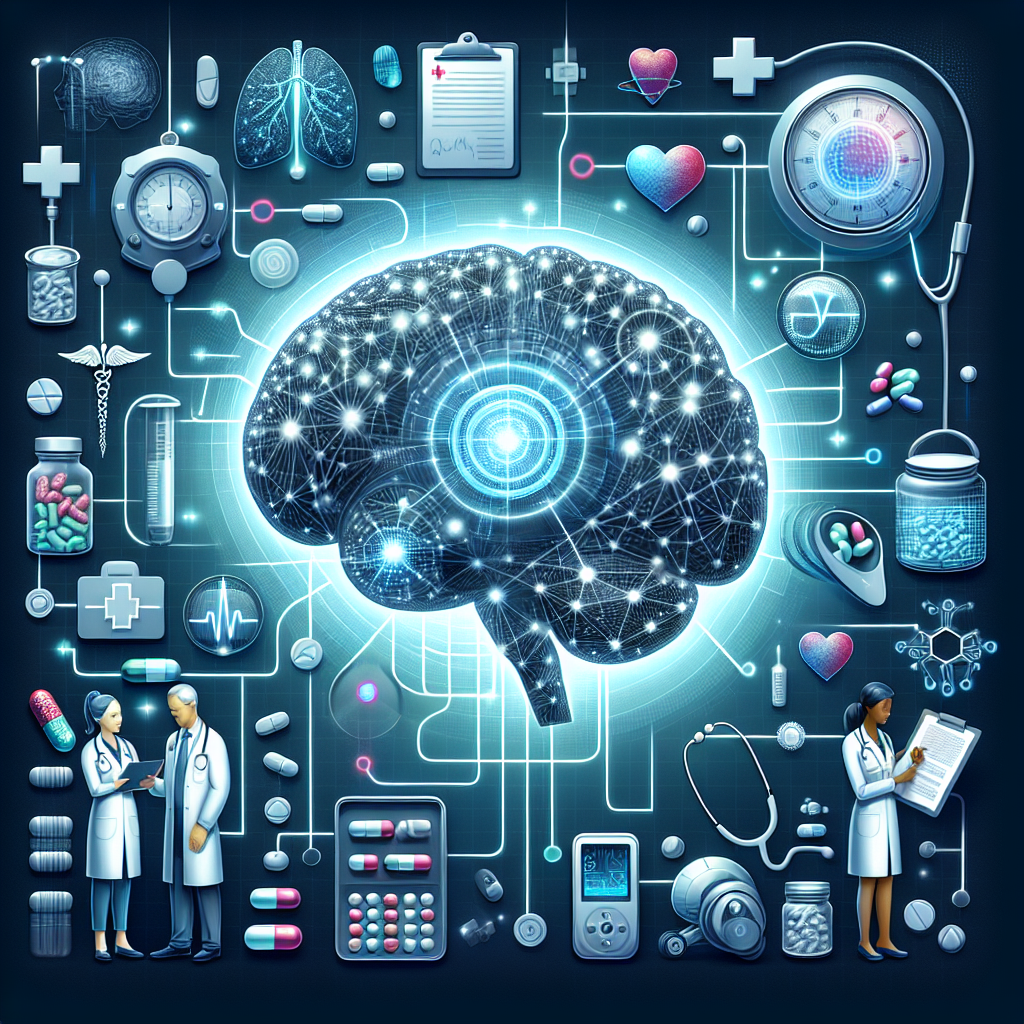In recent years, the integration of artificial intelligence (AI) in healthcare systems has been a topic of great interest and debate. AI has the potential to revolutionize the way healthcare is delivered, making processes more efficient, accurate, and personalized. From diagnosing diseases to predicting patient outcomes, AI has the power to transform the healthcare industry in ways we have never seen before.
One of the key areas where AI integration is making a significant impact is in medical imaging. AI algorithms can analyze medical images such as X-rays, MRIs, and CT scans with a level of accuracy that is on par with or even surpasses that of human radiologists. This can lead to faster and more accurate diagnoses, ultimately improving patient outcomes. AI can also help in identifying patterns and anomalies in medical images that may not be easily detected by the human eye, leading to earlier detection of diseases such as cancer.
Another area where AI integration is being explored is in personalized medicine. By analyzing large amounts of patient data, AI algorithms can identify patterns and trends that can help doctors tailor treatment plans to individual patients. This can lead to more precise and effective treatments, reducing the risk of adverse reactions and improving patient outcomes.
AI can also be used to streamline administrative processes in healthcare systems. By automating tasks such as appointment scheduling, billing, and medical record management, AI can free up healthcare professionals to focus on patient care. This can lead to more efficient healthcare delivery and reduced administrative costs.
Despite the potential benefits of AI integration in healthcare systems, there are also challenges and concerns that need to be addressed. One of the main concerns is the ethical implications of using AI in healthcare. Issues such as patient privacy, data security, and algorithm bias need to be carefully considered to ensure that AI is used in a responsible and ethical manner.
Another challenge is the potential for AI to replace human healthcare professionals. While AI can assist doctors in making diagnoses and treatment decisions, it is important to remember that healthcare is a deeply human profession that requires empathy, compassion, and critical thinking. AI should be seen as a tool to enhance the work of healthcare professionals, not replace them.
In conclusion, the potential of AI integration in healthcare systems is vast and exciting. From improving diagnostic accuracy to personalized treatment plans, AI has the power to transform the way healthcare is delivered. However, it is important to approach AI integration in healthcare with caution and consideration for ethical and practical concerns. By harnessing the power of AI in a responsible and ethical manner, we can create a healthcare system that is more efficient, accurate, and patient-centered than ever before.
FAQs:
Q: What are some examples of AI applications in healthcare?
A: Some examples of AI applications in healthcare include medical imaging analysis, personalized medicine, administrative process automation, and predictive analytics for patient outcomes.
Q: How can AI improve patient outcomes in healthcare?
A: AI can improve patient outcomes by providing faster and more accurate diagnoses, personalized treatment plans, and predictive analytics for patient outcomes. This can lead to better outcomes for patients and reduced healthcare costs.
Q: What are some of the ethical concerns surrounding AI integration in healthcare?
A: Some ethical concerns surrounding AI integration in healthcare include patient privacy, data security, algorithm bias, and the potential for AI to replace human healthcare professionals. It is important to address these concerns to ensure that AI is used in a responsible and ethical manner.
Q: How can healthcare professionals work with AI to enhance patient care?
A: Healthcare professionals can work with AI to enhance patient care by using AI tools to assist in diagnoses, treatment decisions, and administrative tasks. By leveraging the power of AI, healthcare professionals can provide more efficient and personalized care to their patients.

